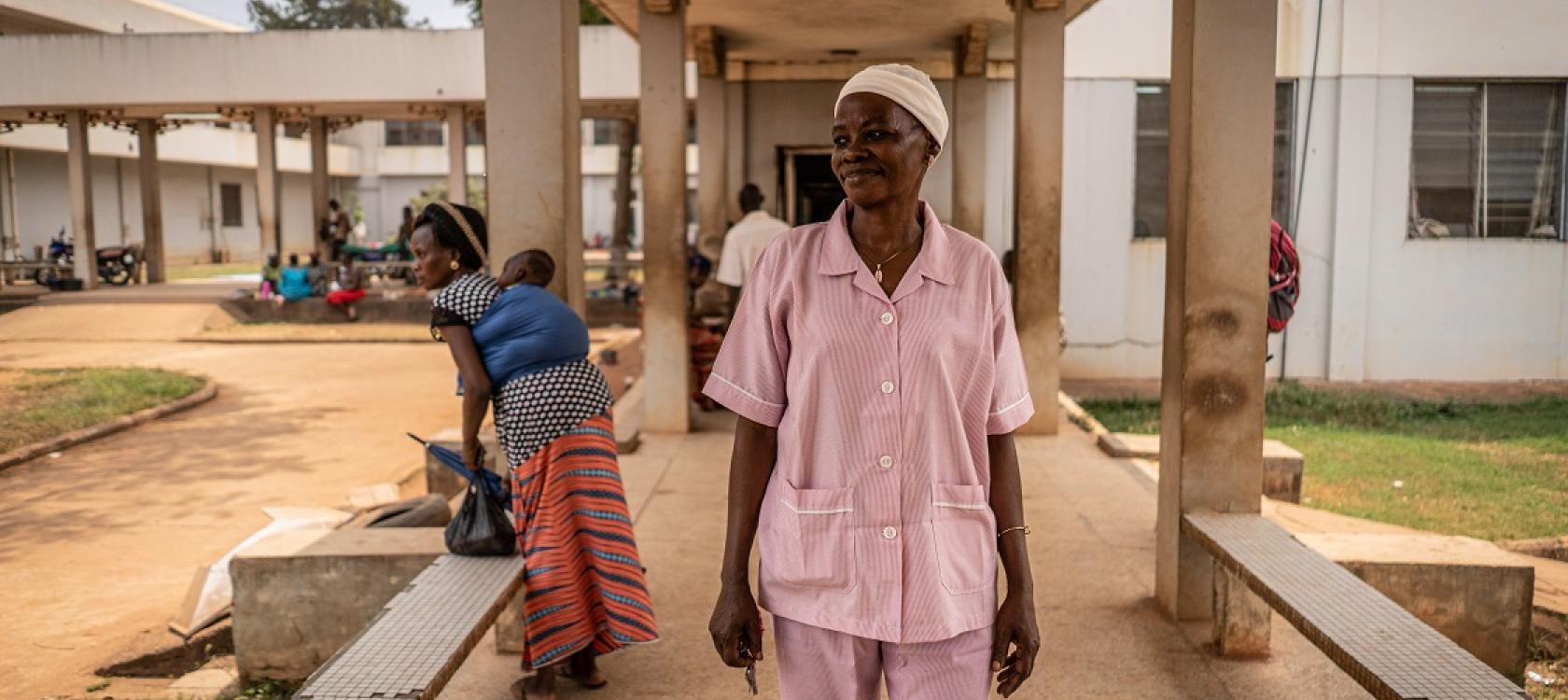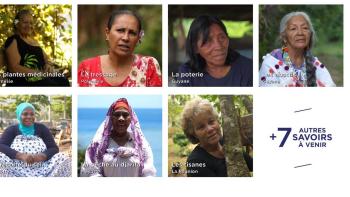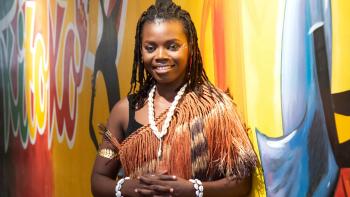Originally published in March 2021, this article was last updated Feb. 2023
In the Central African Republic, sexual violence is regularly used during armed conflicts as an instrument to terrorize and “punish” civilians. Gang rape and sexual slavery are common practices for armed groups. Gender-based violence, such as domestic violence, sexual exploitation and forced marriages also increase during political crises.
The outbreak of the Covid-19 pandemic and security incidents in the country since late 2020 have exacerbated these incidents, which have increased by 17% over the past year. Women and young girls are the most affected, and access to health care remains extremely limited.
It is for this reason that, capitalizing on their common experience in the Democratic Republic of Congo (DRC), the Pierre Fabre Foundation, Panzi Foundation DRC, Dr. Denis Mukwege Foundation and Francophone Institute for Justice and Democracy have decided to join hands again through a new project, with financial support from AFD.
“Nengo” for “dignity”
The project is called “Nengo”, which means “dignity” in Sango, Central African Republic’s national language. It is based on setting up a care center for victims of gender-based violence in Bangui. This “holistic” approach, which has been conceptualized by the Nobel Peace Prize winner, Dr. Denis Mukwege of the Democratic Republic of Congo, helps victims rebuild their lives by offering them to medical care, as well as long-term psychological, socioeconomic and legal support.
Since September 2020, more than 4,000 patients have been treated. In the long term, well over 7800 victims will have access to the program.
We met the lawyers and social workers, who fight on a daily basis to restore the dignity of victims. They tell us about their long struggle to rebuild their lives and regain their dignity.
Claudia Toussonekeya is a lawyer for the Nengo project and a member of the Central African Association of Women Lawyers (AFJC). She describes the fallout from the continuing internecine warfare in the Central African Republic.  "The rate of gender-based violence is very high. There are women and girls who have been raped, women who have lost their husbands and children.
"The rate of gender-based violence is very high. There are women and girls who have been raped, women who have lost their husbands and children.
"We take care of victims of sexual violence and gender-based violence. There are rape victims, there are victims of assault and battery; women who are abandoned with their children; widows – we take care of all the victims. We handle civil and criminal cases. Since September, we have already filed more than 70 complaints and we have registered more than 200 victims.
"The government has tried to fight violence against women and children. But this project is meant to reinforce those efforts. Our objective is to do everything possible to help women and victims of sexual violence restore their dignity."
Yvette Kabuo Tshong is a legal expert for the Nengo project at the IFJD-Louis Joinet Institute office in Bangui. She is a lawyer and coordinator of the Panzi Foundation’s legal clinic.
"There are armed groups that use rape as a weapon of war. Repeated wars in the Central African Republic and the neighboring Democratic Republic of Congo have made women an object of violence – they are mistreated, abused and marginalized, through acts of sexual violence.
"We are here to assist the victims and to raise awareness. Most victims do not know their rights. We do awareness raising and prevention work so that victims understand their rights, and so that everyone is ready to seek justice. We must fight impunity in order to dissuade the perpetrators, to stop them from committing acts of violence against women."
Nathalie Ipande has four children and has been taken care of by the Association of Women Lawyers and subsequently by the Nengo project, following disputes with her husband.

"My husband chased me out of the house. This has happened to me several times.
"I have suffered from violence. I have tried, but I have not been able to bring him to justice, so I have come to Nengo for help. I know they'll help me find peace and dignity."














